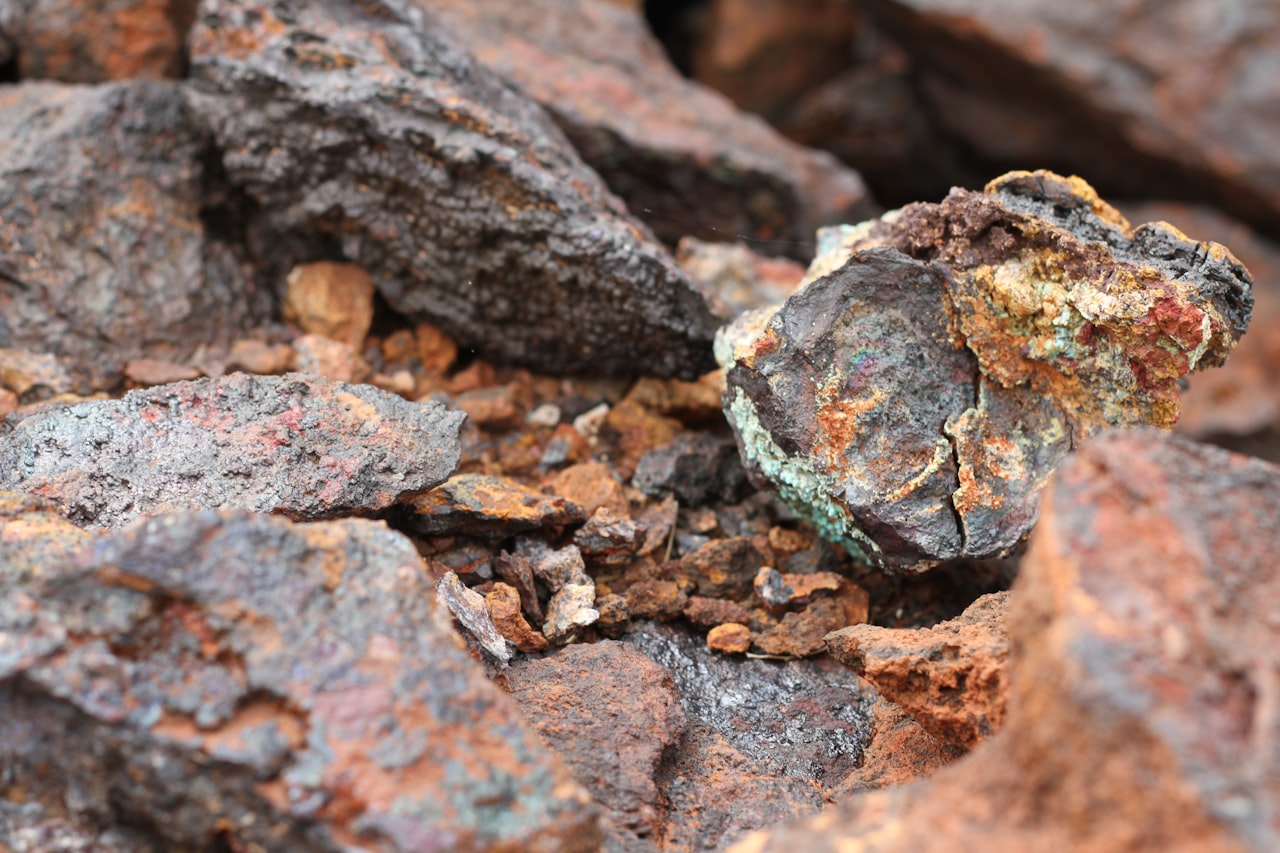NC Farm Act of 2025: Wetlands, Tributaries and Farmland


What Is a Wetland—And Why Does It Matter in the NC Farm Act?
Each year, the North Carolina Farm Act returns with new provisions that redefine or reshape the legal landscape of agriculture and environmental policy. One of the most debated provision of 2025's Farm Act regulates how the state defines and regulates water—especially wetlands and streams. These technical terms - “wetland,” “blackwater,” “ephemeral stream” - may seem niche, but they carry enormous weight in determining which waters are protected under the law.
So, let’s break it down: what exactly do these terms mean, and why are they at the center of such a heated debate? (photo: Wake County Parks & Rec photo of Cypress Trees, Robertson Millpond Preserve)
A wetland is an area where water covers the soil or is present near the surface for part or all of the year. These areas include swamps, marshes, bogs, and bottomlands. They’re not always wet year-round, but they support unique plant and animal life that has adapted to these saturated conditions.
Bottomland specifically refers to low-lying lands along rivers and streams that flood seasonally. These areas are often rich in biodiversity and serve as vital buffers during storms, filtering runoff and storing floodwaters.
From a regulatory standpoint, defining an area as a wetland can mean the difference between protection and development. Under federal law—especially the Clean Water Act—wetlands are often protected from being filled or drained. But with evolving court rulings and state legislation, those definitions are under constant revision.
A blackwater stream gets its name from its color. These streams and creeks often flow through forested swamps or bottomlands, where leaves and organic matter decay, releasing tannins that darken the water. Despite the murky look, blackwater is typically low in pollutants and supports a specialized ecosystem of plants, fish, and amphibians.
Blackwater systems are fragile and slow-moving. When protections are rolled back—as has been proposed in various versions of the NC Farm Act—these ecosystems can suffer quickly from runoff, sedimentation, and pollution. (NC Forest Service)
This is where things get technical—and political.
Ephemeral streams are temporary. They appear only after rain and quickly dry up. They don’t have a constant water source and may not support aquatic life year-round.
Perennial streams, on the other hand, flow continuously for most or all of the year. They are fed by springs or groundwater and are more likely to support fish, amphibians, and other wildlife.
Why does this matter? Because many environmental protections apply only to perennial or intermittent streams. If a stream is labeled “ephemeral,” it may lose legal protection—leaving it open to being filled, redirected, or polluted.
Over the past several years, North Carolina’s Farm Act has included language that challenges or narrows the definition of protected waters. Critics argue that it opens the door to draining wetlands and filling in ephemeral streams without oversight. Supporters say it offers clarity to farmers and landowners who face confusing regulations.
But the stakes are high. When protections are lifted for certain types of waters, the impacts ripple outward—affecting downstream water quality, flooding, wildlife, and even drinking water sources. (UNC Legislative Reporting Service)
Understanding the difference between wetlands and bottomlands, ephemeral and perennial streams, or blackwater and clearwater isn't just for ecologists. These distinctions shape land use, flood resilience, and water quality for communities across North Carolina.
As lawmakers continue to rewrite what counts as "waters of the state," everyone has a stake in the outcome. Whether you're a farmer, a conservationist, or simply someone who enjoys clean water and wild places, paying attention to these definitions—and the policies that follow—is more important than ever.







Every sportsman has his or her own style when it comes to using dogs as hunting companions.


Discover museums highlighting North Carolina's mineral resources and gem industries.
If you have a unique country home, hunting or fishing land, or other premier North Carolina property for sale, call Legacy Farms and Ranches today to learn how they can help you market your property to thousands of discerning viewers across the country.